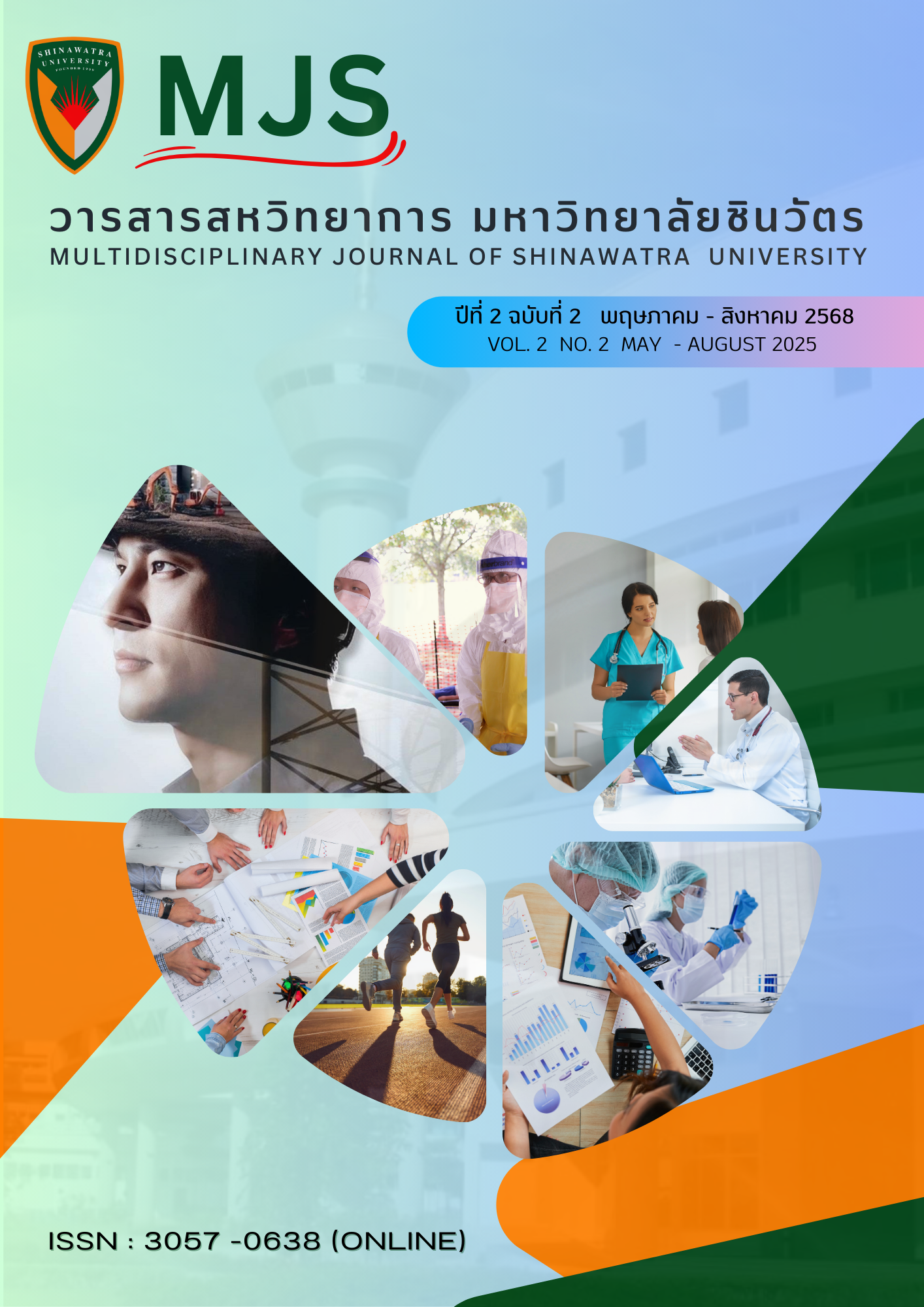Media Literacy in the Age of Information Overload
Keywords:
Media Literacy, Information Overload, Critical Thinking, Fake News, Digital Media, Lifelong Learning, Media PolicyAbstract
This article presents the importance of media literacy as an essential skill for citizens in the 21st century amidst rapidly changing media ecosystems and information dissemination. Media literacy encompasses the ability to access, analyze, evaluate, and create media in various forms, including critical thinking about media content and its impacts. In the context of information overload, the transition from analog to digital media, the increasing role of social media, and the diversification of information sources, there are challenges in distinguishing facts from misinformation and fake news.
The article discusses key components of media literacy and proposes a four-dimensional strategy for its development: the role of educational institutions in integrating media literacy into curricula, promoting lifelong learning that covers all age groups, building intellectual immunity for society, and the responsibility of technology companies and social media platform providers. The article presents case studies on media's impact on society from both international and Thai contexts, such as COVID-19 vaccine misinformation and the Black Panther incident at Thungyai Naresuan Wildlife Sanctuary, as well as successful media literacy projects in Thailand and lessons from countries advanced in promoting media literacy. It also provides policy recommendations for government, education sector, technology companies, and civil society to enhance media literacy in Thailand.
In conclusion, media literacy is not merely a supplementary skill but a fundamental necessity for living in the 21st century, requiring cooperation from all sectors to promote and develop these skills for people of all genders and ages, to create a society that is immune to information and uses media creatively and responsibly.





